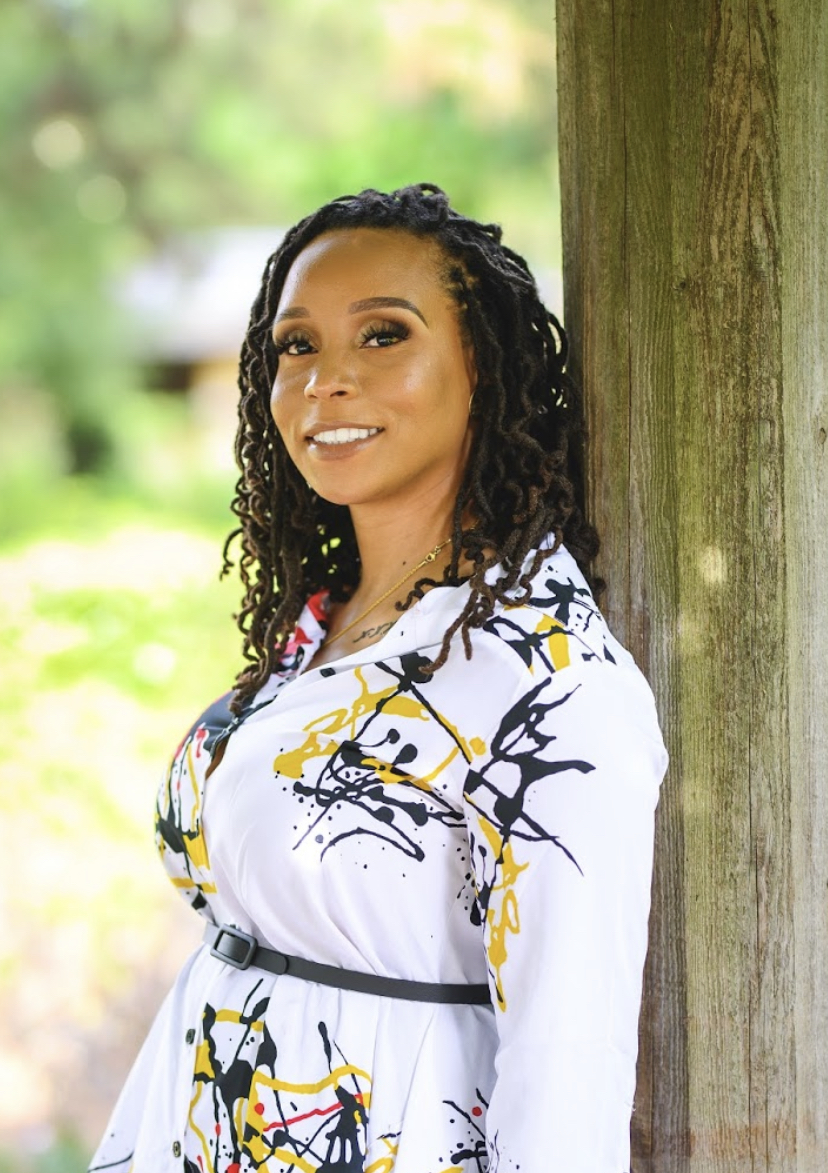
Cultivating Equity: Advocating for Culturally Competent Mental Health Care for BIPOC Communities
- Sheena Drummond, LMFT

- Jul 2, 2023
- 2 min read
In recognition of Minority Mental Health Month, we turn our focus to the disparities in accessing mental health resources and services within BIPOC (Black, Indigenous, and People of Color) communities. It is crucial to address these inequalities and strive for a mental health care system that is both accessible and culturally competent for everyone. Join us as we delve into the challenges faced and explore ways to advocate for equitable care.
Understanding the Disparities:
BIPOC individuals often encounter unique barriers when seeking mental health support. These can include systemic racism, cultural stigma, language barriers, and financial limitations. It is vital to acknowledge that these disparities disproportionately affect BIPOC populations, resulting in gaps in mental health care that need to be addressed.
Promoting Cultural Competence:
Cultural competence plays a pivotal role in providing effective mental health care for BIPOC communities. By understanding and respecting diverse cultural backgrounds, beliefs, and values, mental health professionals can bridge the gap and offer tailored support. Culturally competent care involves acknowledging the impact of systemic racism, addressing cultural stigma, and fostering inclusivity within therapeutic approaches.
Advocating for Change:
To achieve equitable mental health care for BIPOC communities, advocacy is essential. Here are some actionable steps we can take:
1. Advocate for increased funding for mental health services that specifically target BIPOC communities. Encourage policymakers to allocate resources towards initiatives that prioritize culturally competent care and address the unique needs of BIPOC individuals.
2. Advocate for the recruitment, training, and retention of mental health professionals from diverse backgrounds. Support initiatives that promote cultural competence education and ensure diverse representation within the mental health workforce.
3. Engage with BIPOC-led mental health organizations and community initiatives. Collaborate to develop culturally relevant programming, support groups, and awareness campaigns that reduce stigma and increase access to resources.
4. Amplify the voices of BIPOC individuals in mental health discussions and decision-making processes. Encourage the sharing of personal stories, foster open dialogue, and support grassroots movements that advocate for equitable mental health care.
Here are some resources specifically tailored to BIPOC individuals seeking mental health care:
1. Therapy for Black Girls (therapyforblackgirls.com): A comprehensive online resource directory that includes a therapist directory, blog articles, and a podcast, focusing on the mental health experiences of Black women and girls.
2. National Queer and Trans Therapists of Color Network (nqttcn.com): A network dedicated to providing support and resources for LGBTQIA+ BIPOC individuals. Their directory helps connect individuals with culturally competent therapists.
3. Asian Mental Health Collective (asianmhc.org): A community-driven platform that aims to normalize conversations around mental health within Asian communities. They provide resources, webinars, and a therapist directory specifically serving the Asian diaspora.
4. Latinx Therapy (latinxtherapy.com): An online directory that connects individuals with culturally affirming Latinx therapists. They also provide educational resources, podcasts, and a supportive community space.
By acknowledging and actively addressing the disparities in accessing mental health care within BIPOC communities, we can strive for a more inclusive and supportive system. Let us advocate for culturally competent care, support community-led initiatives, and work towards dismantling the barriers that impede equitable mental health support. Together, we can cultivate a future where mental health care truly meets the needs of all individuals, regardless of their background.
Let's keep this conversation going... what would you add?

Let’s encourage our local churches/place of worship to do more within their organizations to promote mental health care to the BIPOC community.